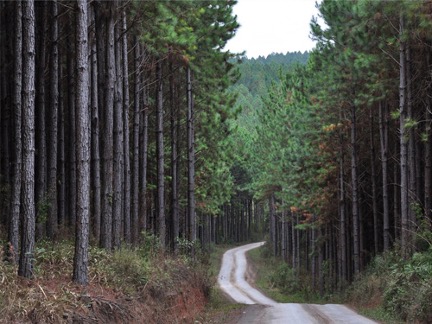BRAZIL – Ibá (Brazilian Tree Industry) recently released an update on the number of productive trees planted by the sector. Every day, the forestry industry plants 1.5 million trees for industrial purposes, such as eucalyptus, pine and teak, among other species.

Aware of its commitment to the planet and the environment, the sector goes beyond caring for the cultivation of productive trees. Forestry companies set aside 6.05 million hectares for conservation; an area larger than the state of Rio de Janeiro.
In a modern management technique called forest mosaic, the companies intersperse productive plantations with areas of native forest. A reference for the world, this system helps to regulate the flow of water, fertilize the soil and preserve biodiversity, as real ecological corridors are created.
All this work encourages intelligent and sustainable land use. Thus, the cultivated tree sector is also emerging as one of the vectors of climate change mitigation, as Paulo Hartung, president of Ibá, explains. “There is no more effective way to sequester carbon dioxide from the atmosphere than through photosynthesis. Thus, the trees grown by the sector, both in the production and conservation areas of the forestry industry, remove and store 4.5 billion tons of CO2 equivalent. It is also important to remember that carbon is also immobilized in the sector’s products, which makes them ecological alternatives to fossil raw materials,” the executive comments.


0 Comments